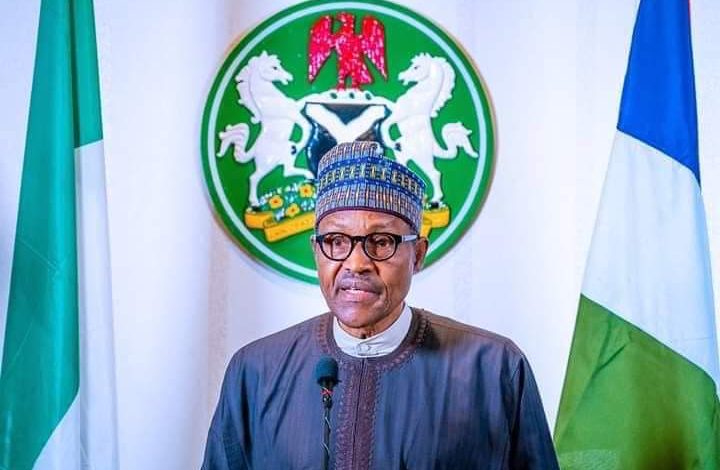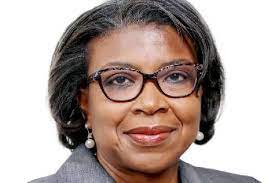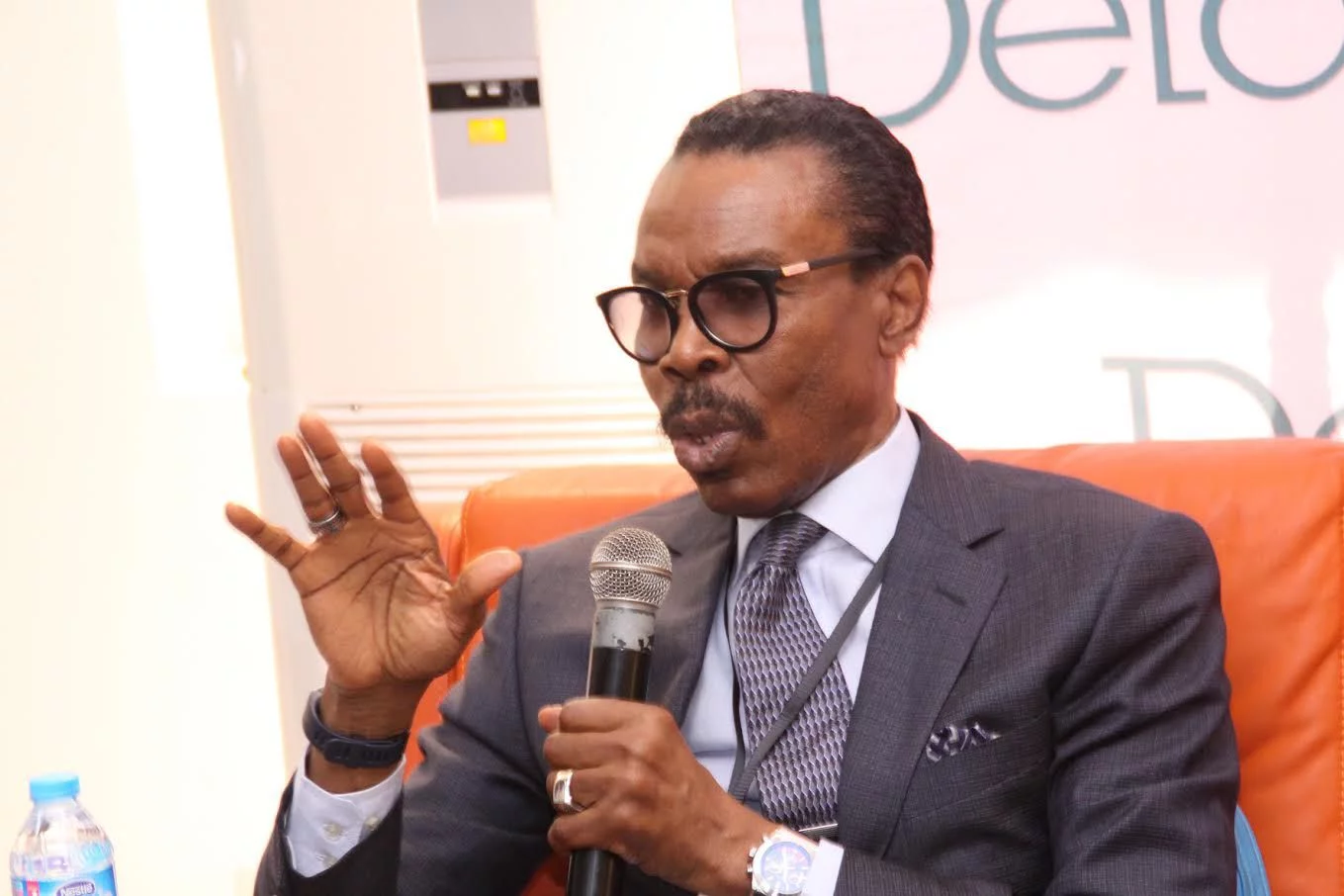
The Nigeria Labour Congress (NLC) says 37.8 billion dollars will be needed as Global Fund for Universal Social Protection for the first five years to close financing gaps.
Mr Ayuba Wabba, NLC President made this known in a statement on Wednesday in Abuja.
Wabba said this during an International Labour Organisation Virtual Summit with the theme: “ COVID-19 and the World of Work Building a better Future of Work’’.
“There is now the urgent need to institutionalise a Global Fund for Universal Social Protection to enable the poorest nations to respond to the pandemic and to build resilience for future economic, health and climate shocks.
“Already, some 10 trillion dollars has been pledged by governments and international financial institutions for economic recovery.
“According to pre-crisis estimates, a Global Fund for Universal Social Protection will need some 37.8 billion dollars for the first five years to close the financing gaps.
“This represents a small fraction of the total global funding to build recovery and resilience; and combination of both comprehensive contributory social security schemes and non-contributory social security guarantees, ‘’ he said.
Wabba said that in Nigeria, over two billion workers were earning their livelihoods in the informal economy, which represented over 60 per cent of workers globally and 90 per cent of total employment in low-income countries.
According to him, ILO says 71 per cent of people globally have little or no access to social protection and COVID-19 has exposed the vulnerabilities of working people in every country in the world.
“Job losses, loss of income and livelihoods, lack of paid sick leave and lack of access to healthcare during the pandemic have resulted in whole communities being vulnerable.
“Also faced with lockdown measures, people are finding it very difficult to manage local and national uncertainties of health and socio-economic impacts, ‘’ he said.
He said that the ILO Convention 102 on Social Security and Recommendation 202 on Social Protection Floors were complementary and mutually reinforcing providing a framework for comprehensive social protection coverage.
Wabba also noted that other practical measures to bridge the massive vulnerability gap included conditional wage subsidies and the extension of unemployment benefits.
He described other measures as universal access to health care, payment of sick leave allowance to workers, including casual workers, the self-employed, platform workers and workers in the informal economy including migrant workers.
He however called on trade unions to connect with civil society allies nationally and globally to promote universal social protection.
He added that a network of government champions for universal social protection should be established.
He said formalising the informal economy and moving decisively towards universal social protection coverage ILO Recommendation 204 on formalising the Informal Economy provides a very good road map for formalizing the informal sector.
He said other measures were to accelerate formalisation of the informal economy, especially for workers in Medium and Small Enterprises (MSEs) as extending Legal Coverage to SMEs and Operators in Informal Sector, among others.
Wabba added that many workers had faced and continued to face the unacceptable choice between continuing to work at risk to their health or falling into destitution and even starvation.
“Therefore, Universal Social Protection is a necessary investment in human security, in building peace, in addressing gender and other inequalities.’’
The News Agency of Nigeria (NAN) reports that the summit discussed strategies for addressing the massive world-of-work vulnerabilities exposed by the COVID-19 pandemic. (NAN)
![]()




